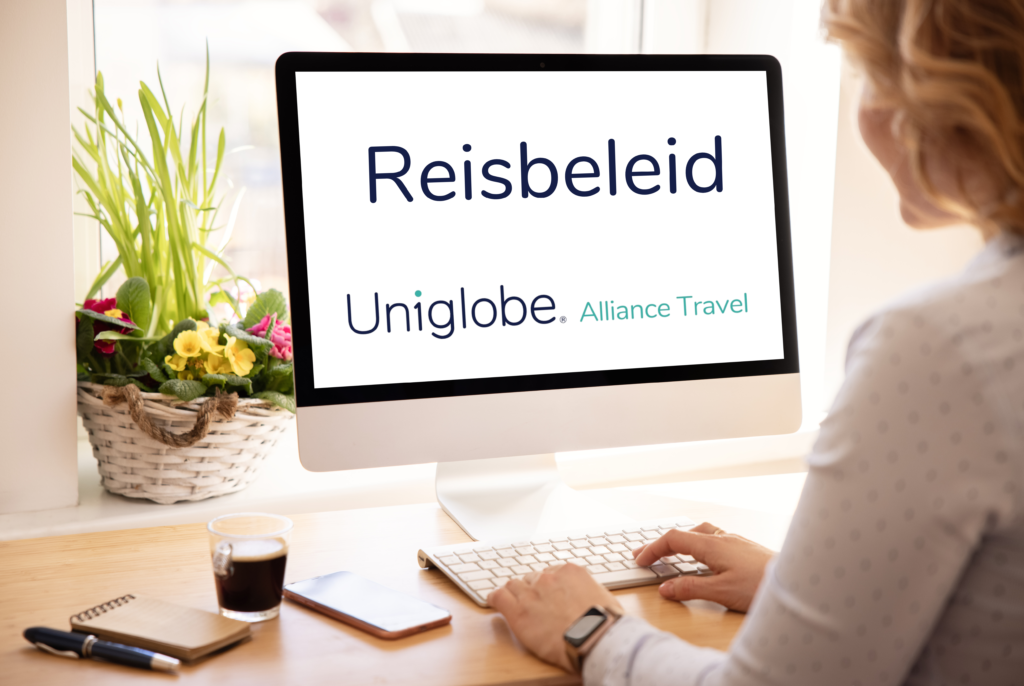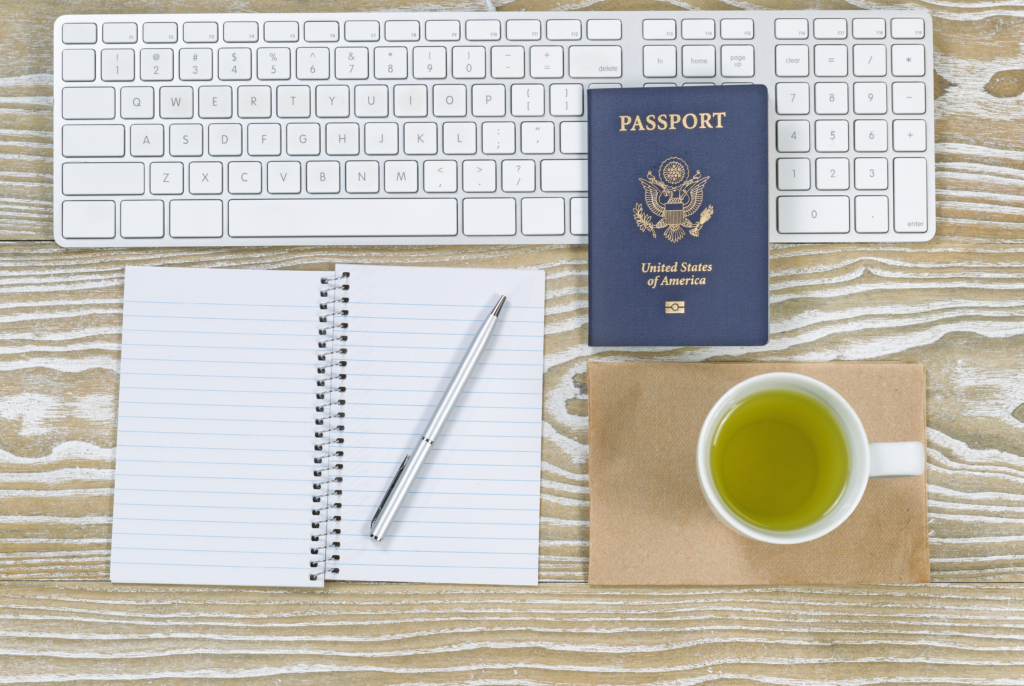The importance of a travel policy
At Uniglobe Alliance Travel, we support companies in the Netherlands in planning and managing business travel. From guidelines for who may book travel to determining what may be booked, a good travel policy is indispensable. It provides structure, clarity and concrete guidelines for business travel. Moreover, a travel policy helps to control costs, create awareness and take steps towards sustainable choices.
In this article, you'll learn why a well-structured travel policy is important, how to implement it and how it can even save money.

What is a travel policy?
A travel policy is a set of guidelines a company establishes to organize business travel efficiently and safely. Consider rules about approvals, budgets and reimbursements, which may vary by department. The goal? To ensure that business travel is cost-effective, safe and clearly arranged for your employees.
Benefits of a travel policy
- Cost control
A clear travel policy gives you control over travel costs by setting budgets for flights, hotels, car rentals, transfers and trains. You can also set preferred suppliers, such as airlines or hotels with which you have negotiated discounts. - Consistency
With a uniform policy, all employees know exactly what the rules are. This prevents ambiguity and ensures fair and consistent treatment. Tip! Include the travel policy in the employment contract of new employees with traveling positions and have them sign it if required. - Worker safety
As an employer, you want to make sure your employees are well protected during business travel and that emergency situations can be handled quickly. A travel policy provides guidelines for safe travel choices and protocols for unforeseen circumstances. With our 24/7 reachability service, you are always assured of immediate support wherever your employees are. This is how you create trust and contribute to a worry-free travel experience. - Time saving
A travel policy saves time through approved travel options and a streamlined process for requests and reports. Agreements on timely booking also contribute to direct cost savings. - Compliance with laws and regulations
A travel policy helps you comply with tax and employment laws, such as properly processing travel reimbursements.

Key components of a travel policy
- Approval process
A clear approval process prevents delays and ensures that trips comply with your organization's policies. Record who is responsible for approving travel, the steps involved and how this is recorded. By using our online tool UBI you can easily streamline this process so that approvals are quick and efficient and your employees can focus on their travel goals. - Budget guidelines
A clear travel policy helps you make expenses transparent and manageable. By setting clear budgets by category - such as for flights, hotels and car rentals - you create structure and avoid unexpected costs. For example, you can align hotel budgets by region, based on the Ministry of Foreign Affairs tariff list, or choose suppliers with whom you have discount agreements. This makes travel not only more efficient, but also cost-effective. - Sustainability
With a forward-thinking approach, your travel policy can contribute to a smaller carbon footprint. Consider encouraging train travel for short distances or choosing hotels with recognized sustainability labels such as Green Key. By making sustainability part of your travel policy, you are showing that you are not only considering costs, but also the impact of business travel on the environment. - Contracts and discounts
With the right arrangements, you can save big on business travel. By working with our account managers, you can take advantage of discounted rates and favorable contracts with airlines, hotels and other suppliers. Do you have specific travel needs, such as frequent travel to the same destination? We are happy to work with you to provide customized solutions to fit your policies and needs.
Successful implementation
- Engage the right people
Work with us as your travel partner, your employees, managers and the finance department. - Communicate clearly
Make sure policies are easily accessible through internal platforms and communicate changes in a timely manner. - Train employees
We provide training on our booking tool UBI, allowing everyone to work efficiently. - Evaluate regularly
Get feedback from your employees and consult with your account manager to keep the policy up-to-date.
Conclusion
A good travel policy provides structure, manages costs and increases the safety and satisfaction of your employees. By paying attention to implementation and evaluation, you not only work more efficiently, but you can also save costs.
Do you need help setting up or optimizing your travel policy? The Uniglobe Alliance Travel sales team will be happy to help you! Feel free to contact your Account Manager.
E-mail address: sales@uniglobealliancetravel.nl

Ilona Mertens
Manager of Sales